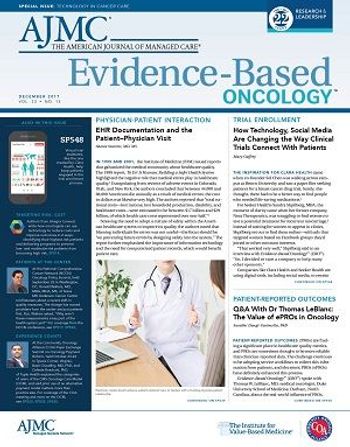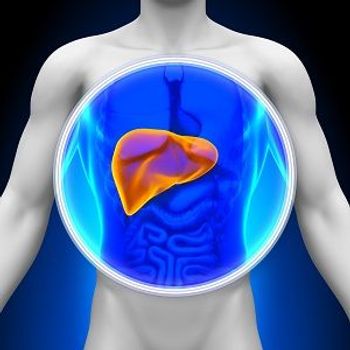
From chimeric antigen receptor T-cell therapy to value-based contracting, reimbursement issues dominated reader interest.

From chimeric antigen receptor T-cell therapy to value-based contracting, reimbursement issues dominated reader interest.

A life-saving therapy is challenging to administer and poses financial risks for patients and institutions alike. Speakers at the Academy of Managed Care Pharmacy Nexus 2018 address some approaches to paying for it while CMS develops long-term policies.

Loyola University Chicago and Loyola Medicine announced plans this week to develop their own chimeric antigen receptor T-cells that would have less toxic side effects.

One patient saw a complete response, and the therapy was well tolerated, especially compared with the adverse effects sometimes seen with chimeric antigen receptor (CAR) T-cell treatment in blood cancers thus far.

From making the Oncology Care Model work to the challenges of paying for CAR T-cell therapy, panelists at the National Comprehensive Cancer Network Policy Summit discussed how the cost of innovation affects decisions.

Coverage of the Keynote Address from Patient-Centered Oncology Care, November 16-17, 2017.

CAR T- cell therapies are among the most expensive ever invented. For now, there’s a lot of uncertainty, as both government and commercial insurers, and a handful of the nation’s leading cancer centers, navigate a reimbursement structure that truly has no precedent.

While there are many hurdles to overcome before the technology could be ready for commercial use, the experiment shows what could be possible for people living with diabetes.

The study in BMJ found that people with the FTO gene were just as likely to lose weight through interventions, such as diet, exercise, or therapy.